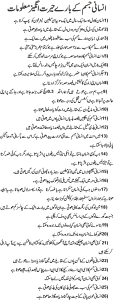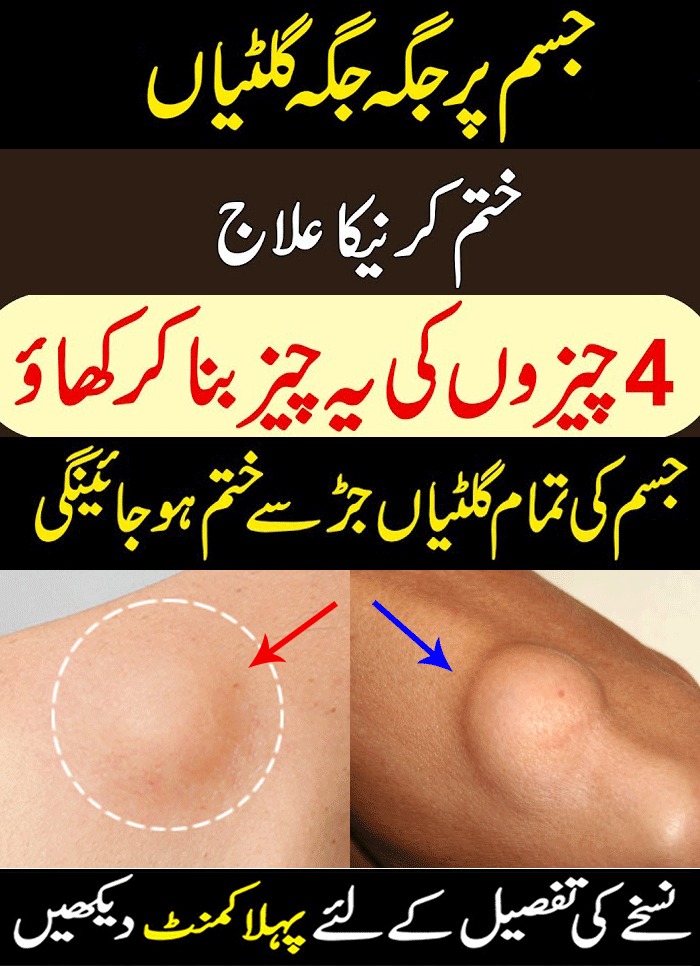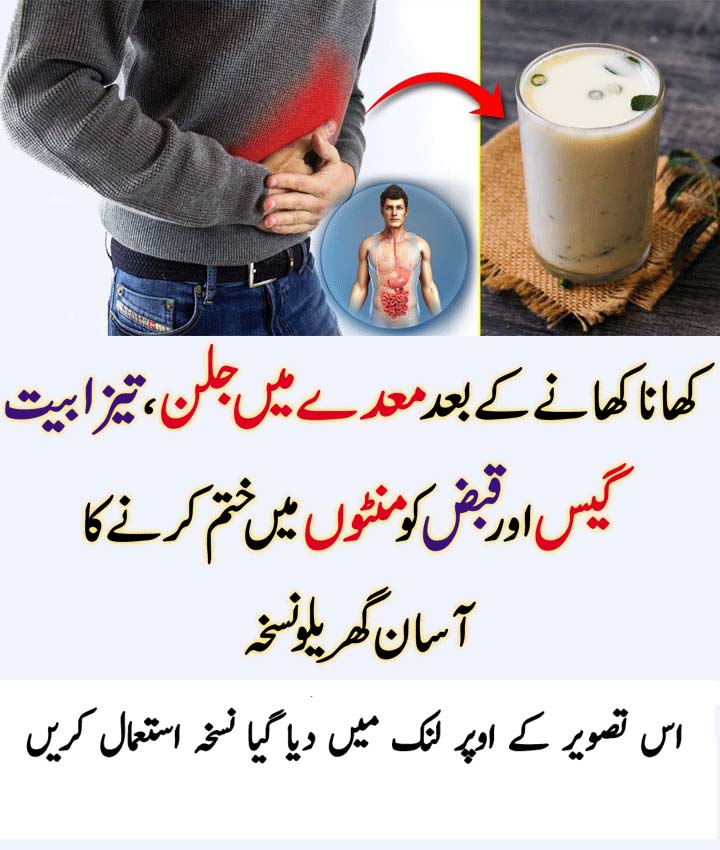London: Today, there is no shortage of personality type theories, and our pages on personality types and tests are among the most popular pages on this site. This article is about one of the oldest personality type systems in the world the four temperaments model. The origins of this typology belong to Graeco-Arabic medicine, where it was successfully used to treat illnesses. In fact, it is still used today by practitioners of traditional medicine around the world.
Advertisement
Humorism, an ancient medical concept, is at the heart of this typology. The humor here refers to fluids that are present within one’s body. Different people have different proportions of these fluids; the predominance of one fluid defines one’s temperament and psychological type. For example, the predominance of phlegm humor corresponds to a Phlegmatic personality type.
Four Human Temperaments and Personality Types

Four Human Temperaments and Personality Types
egg-benefits
Hypnic Jerks
High Cholesterol Signs and Symptoms
The predominance of one humor is said to affect one’s appearance and behavior. However, most people have mixed temperaments, and judging solely by appearance may be difficult for untrained enthusiasts such as ourselves.
Dr. Helen Fisher’s personality types — The Explorer, The Negotiator, The Director, and The Builder — bear a striking resemblance to Sanguine, Phlegmatic, Choleric, and Melancholic types, respectively. Having said that, this doesn’t minimize the value of her original research.
The sixteen Myers-Briggs types are based on Jung’s theory. However, four of their sixteen types are almost identical to the four basic personality types from the four temperaments model. The remaining twelve could as well describe all variations of mixed temperaments (more details on this below).
Modern psychology is not much kinder to the four temperaments concept and, in general, dismisses most personality theories altogether. Despite that, usage of its terms — sanguine, phlegmatic, choleric, and melancholic — persists in both scientific and everyday language.
Sanguine Personality Type:
People with a sanguine personality type tend to be lively, optimistic, buoyant, and carefree. They love adventure and have a high-risk tolerance. Sanguine people are typically poor at tolerating boredom and will seek variety and entertainment. Naturally, this trait can sometimes negatively affect their romantic and other relationships.
Because this temperament is prone to pleasure-seeking behaviors, many people with sanguine personalities are likely to struggle with addictions. Their constant cravings can lead to overeating and weight problems.
Phlegmatic Personality Type:
Someone with a phlegmatic personality is usually a people person. They seek interpersonal harmony and close relationships, which makes phlegmatic people loyal spouses and loving parents. They make it a point to preserve their relationships with old friends, distant family members, and neighbors.
Choleric Personality Type:
Someone with a pure choleric temperament is usually a goal-oriented person. Choleric people are very savvy, analytical, and logical. Extremely practical and straightforward, they aren’t necessarily good companions or particularly friendly.
They dislike small talks and enjoy deep and meaningful conversations. They would rather be alone than in the company of shallow, superficial people. Ideally, they want to spend time with people who have similar professional interests.
Melancholic Personality Type:
People with melancholic personalities love traditions. Women cook for men; men open doors for women. They love their families and friends and, unlike sanguine people, they do not look for novelty and adventure. Even more so, they avoid it as much as they can. Someone with a melancholic temperament is unlikely to marry a foreigner or leave their homeland for another country.



